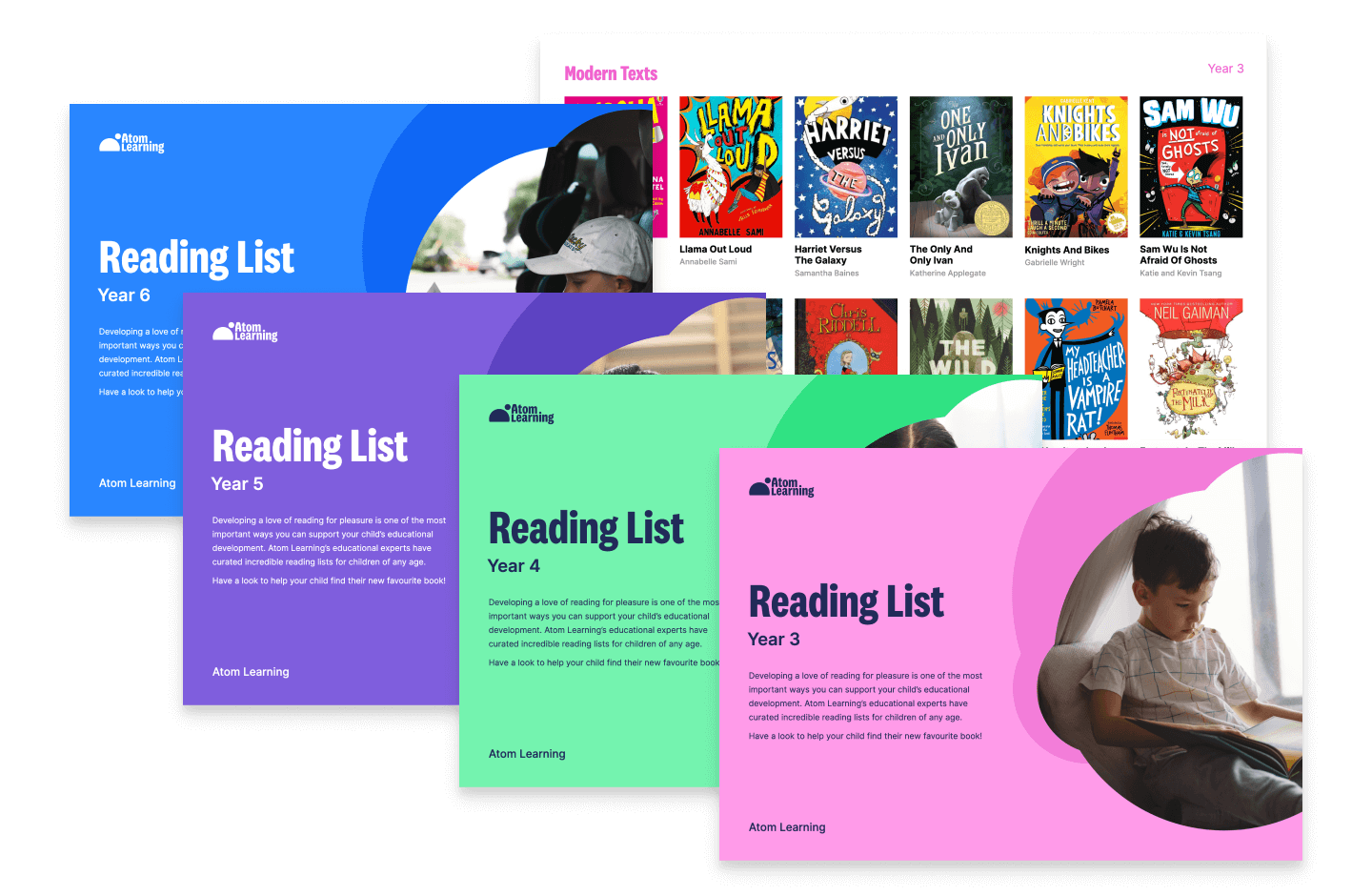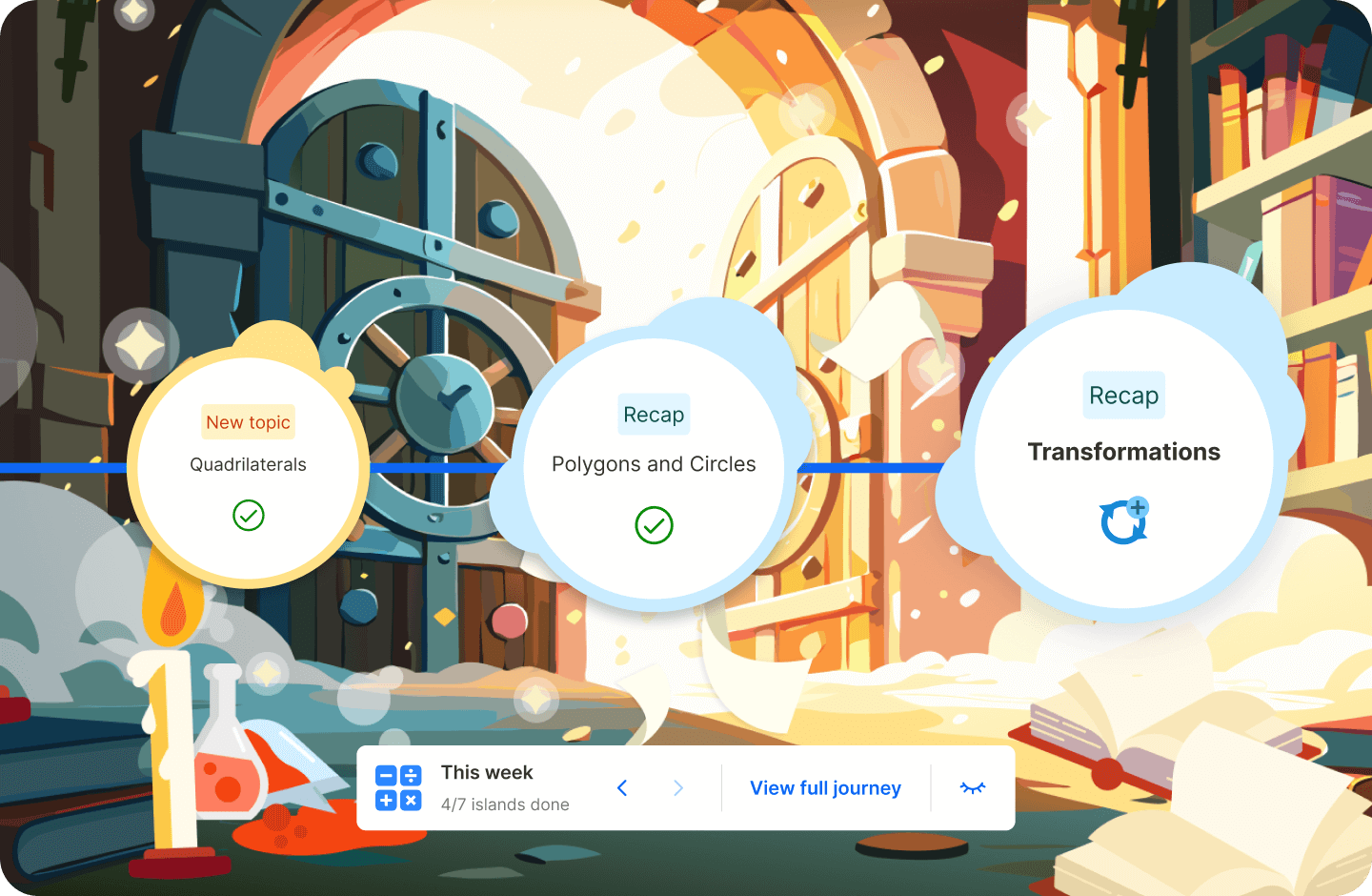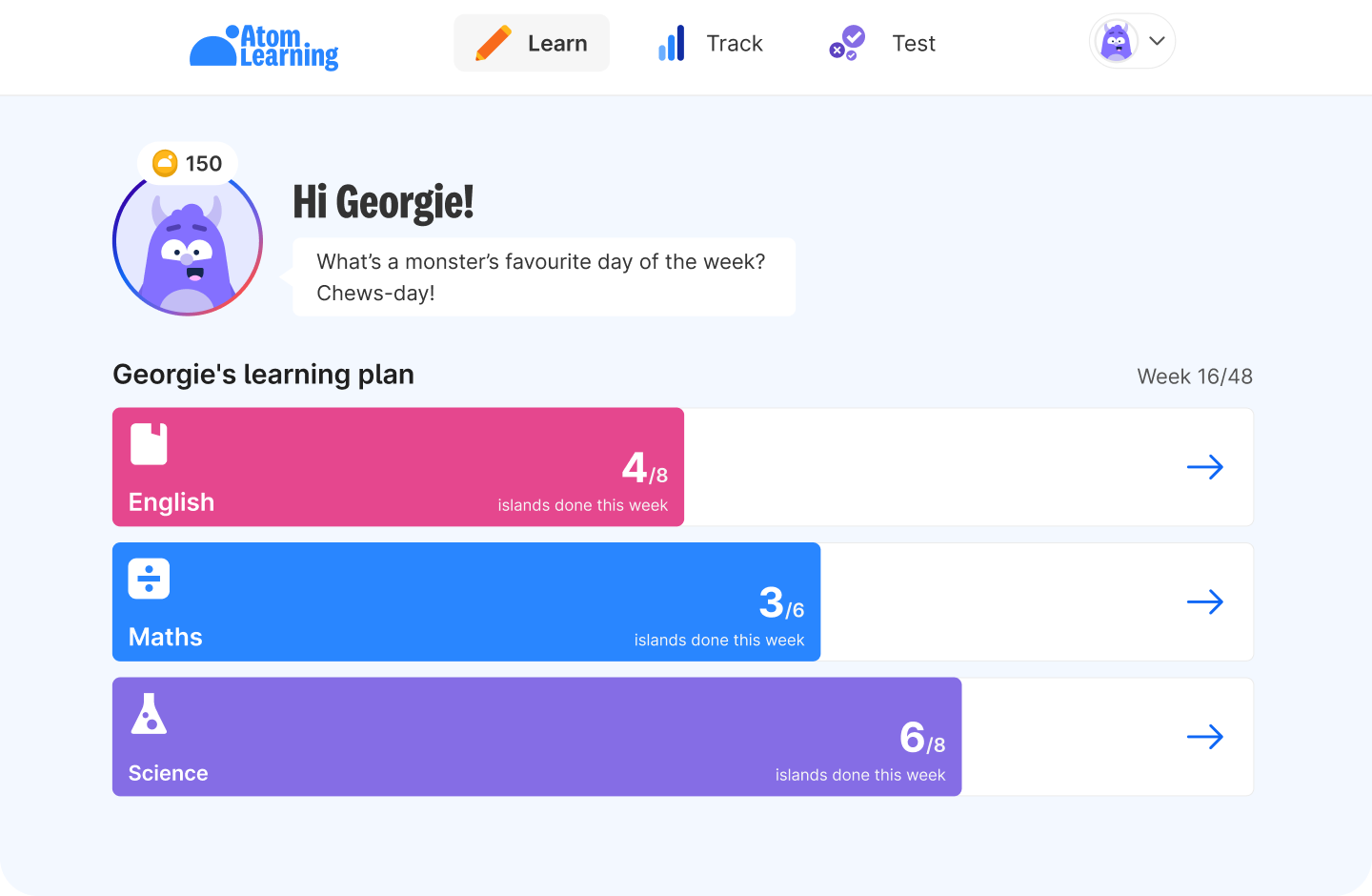Here are our free poetry resources and activities for 7–11-year-olds. Find out what your child will learn in primary school and discover ways to inspire them at home!
What is poetry?
A poem is a piece of fiction writing which expresses ideas with intensity. Poems can tell stories like novels, but they are much shorter. They use powerful descriptive language to cause an emotional response in the reader or listener.
Why do we learn poetry at school?
Learning poetry has so many literacy benefits for primary school children. It helps them to become fluent readers, writers, speakers and thinkers.
- Listening to and performing poetry teaches children about tone, emphasis and volume. This helps their own speech development and reading aloud.
- Reading and discussing poetry develops their comprehension skills and understanding. It boosts their vocabulary and knowledge of how language is used, aiding their own writing.
- Writing poetry helps to exercise their imagination and creativity. It can give them an outlet for emotions and a way to practice self-expression.
- Reading and hearing poetry from across the globe helps children understand perspectives and experiences that are different from theirs.
Poetry: what will my child learn at primary school?
Poetry is part of the national curriculum for English throughout primary school. From the time they start school, younger children are encouraged to appreciate rhymes and recite some by heart.
From Year 1 (age 5–6) children are taught to listen to and discuss poems at a level beyond their independent reading ability. By the end of their time at primary school children will be confident exploring and discussing the features of a range of poetry, as well as writing poems to perform out loud.

Year 3 poetry
At school in Year 3 (age 7–8) children are encouraged to:
- Listen to, read and discuss a wide range of poetry
- Develop their understanding and enjoyment of poetry
- Recognise some forms of poetry
- Form opinions about a poem, with support
- Prepare their own poems to read aloud and perform
Year 4 poetry
In Year 4 (age 8–9) children build on the skills they learnt in Year 3 with more complex texts. They’re encouraged to independently express their views on what they have read and heard.
The class rehearses poems to perform, giving them opportunities to discuss vocabulary. This helps to develop children’s interest in the meaning and origin of words. They're encouraged to use approaches from drama when performing poems to support their understanding.






